Resources for Schools
Find activities and advice to support children and young people back into school
Find resources and advice to support children and young people back into school.
Our how-to guide for attendance officers highlights attendance trends to look out for and how to intervene effectively if you suspect a child is at risk of becoming persistently absent or falling out of education altogether. We have based the guide on our analysis of attendance data from three Multi-Academy Trusts.
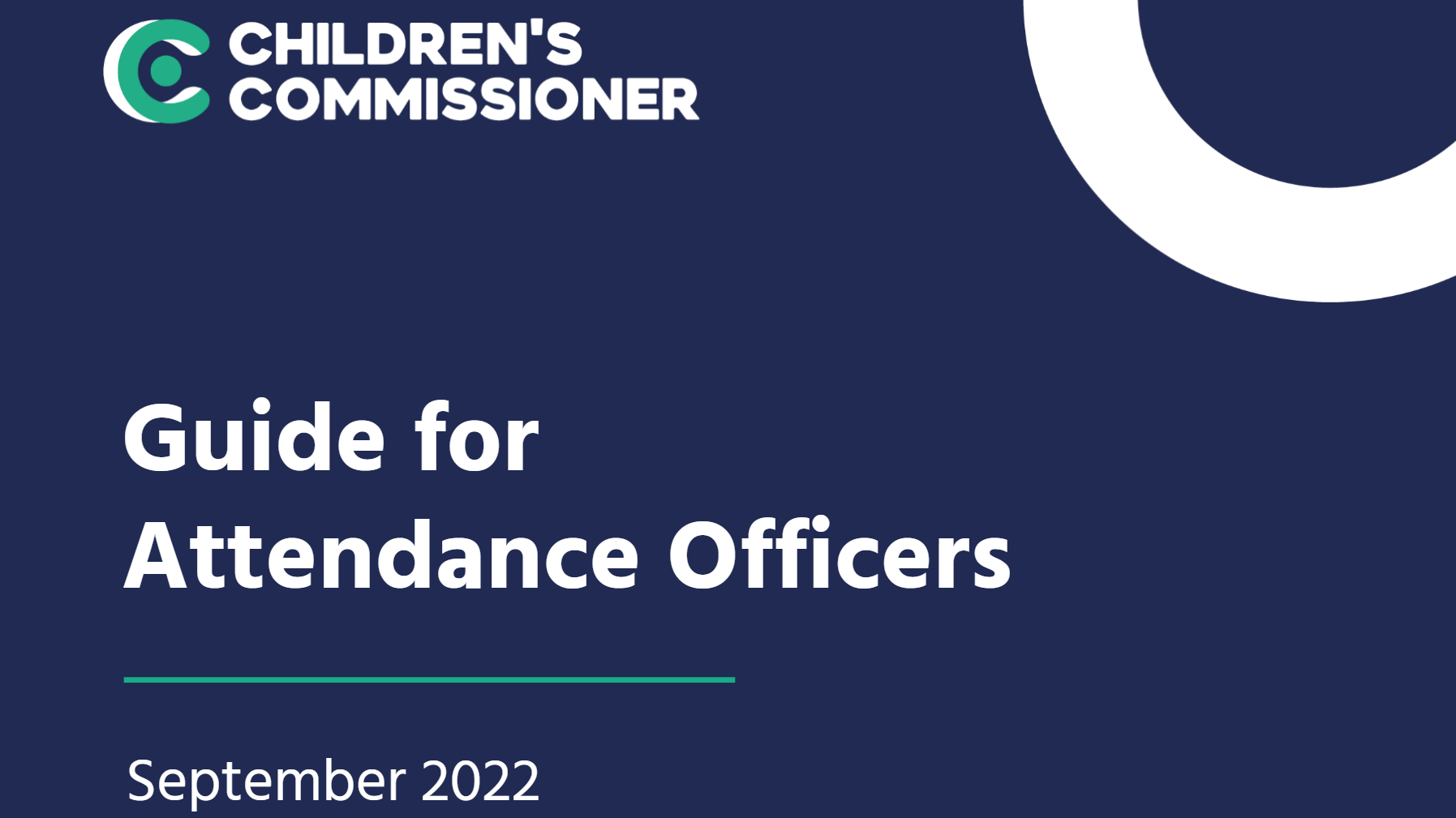
The Department for Education has provided guidance for schools to support improving school attendance. Follow the link for the full guidance materials:
Members of the Attendance Action Alliance have worked with the Department for Education to develop this short guide which helps parents understand how they can work with their school and local authority to support their children to attend school and get the right support.

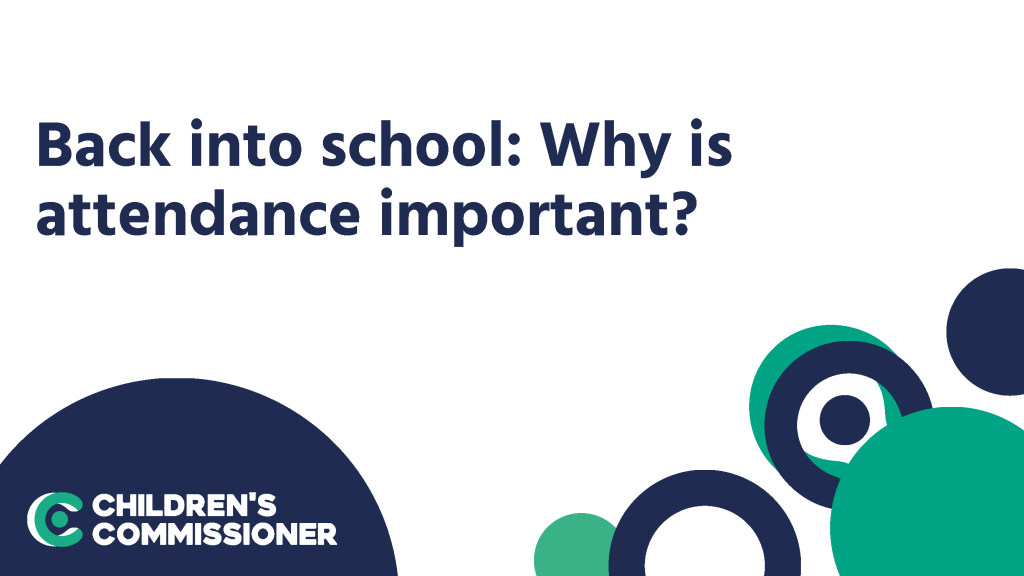
Our assembly templates for primary and secondary can can be adapted to any school. They focus on why attendance is important and get children and young people to think about the opportunities school provides and discuss any worries or barriers they might have to attending school.
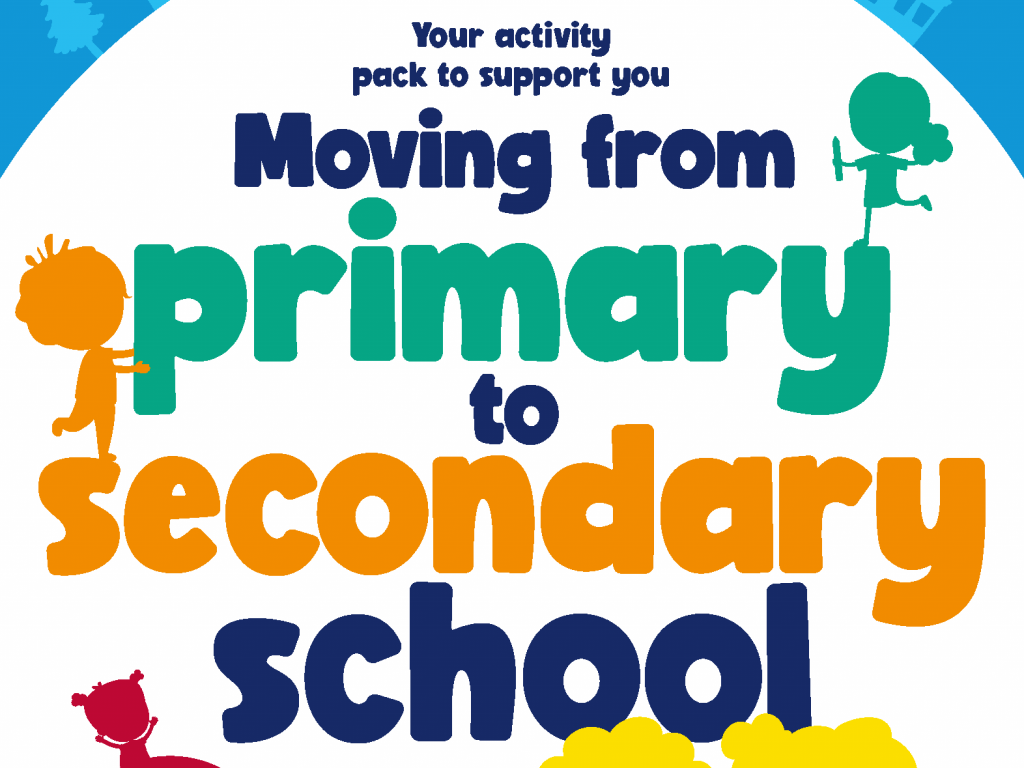
ogether with children on my Children’s Advisory Board, we have created an activity pack to support you moving from primary to secondary school. It has questions to help children think about things they might want to find out about their new school, things they like doing and want to continue doing, who they can go to for support and their goals for the future. We also share some top tips from other children who’ve already moved from primary to secondary school.
Our report shows how important the first few days of a new term are for ensuring good attendance.
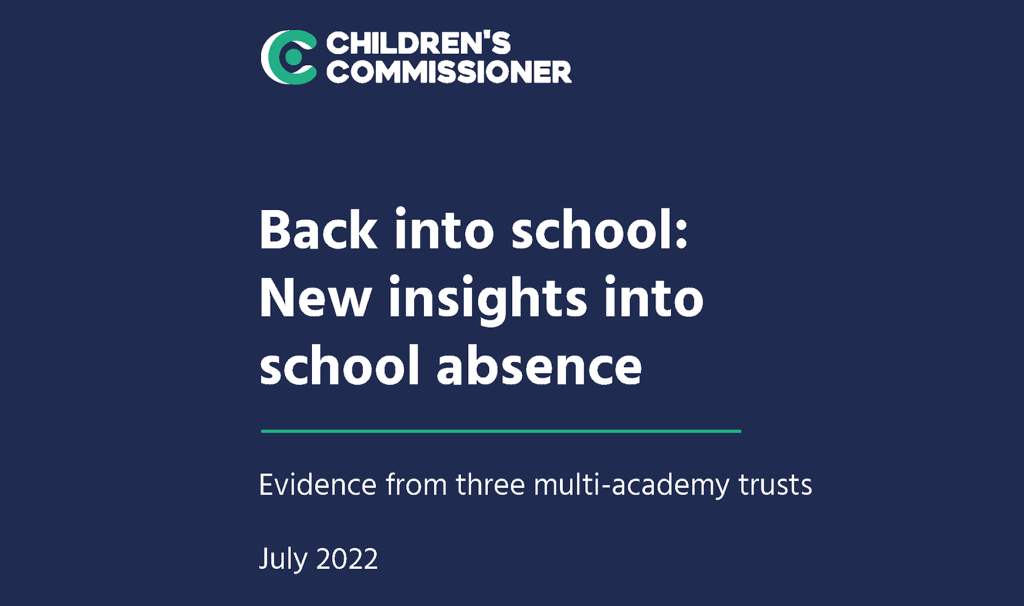

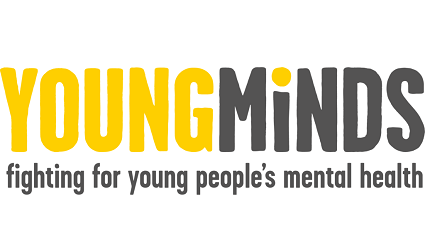
Young Minds have a range of information and advice as well as resources including things like wellbeing activities, toolkits and webinars to help you support the young people in your lives.

Evidence-based resources for schools and colleges to help children and young people who are struggling. These resources have been developed in collaboration with teachers to help school and college communities identify, help and support traumatically bereaved children and young people. Highlights include a 6-point support plan, tools, and handouts for parents, carers, and young people.

As part of the #YouveBeenMissed campaign, resources have been produced by Forward Thinking Birmingham’s STICK (Screening, Training, Intervention, Consultation, Knowledge) Team and Birmingham Education Partnership. The resources are to use with your pupils to support their emotional wellbeing at school. The guidance should be used to support pupils at risk of Emotionally Based School Avoidance (EBSA).
Guidance for schools on preventing and responding to bullying.
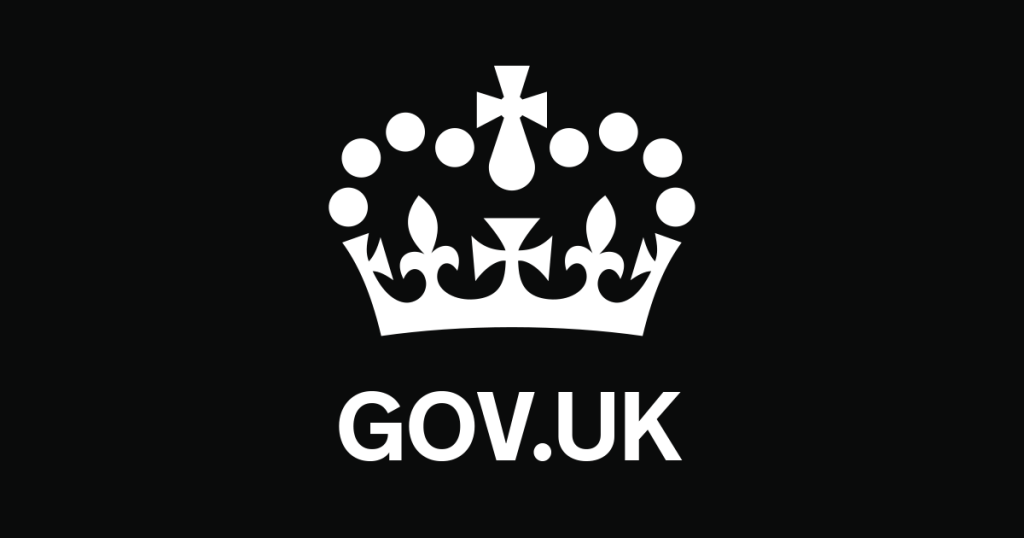
Kidscape’s ‘Back To School’ activity programme helps children return to school feeling safe, confident and supported. The programme is aimed at children aged 9-12 years old (Year 5 – Year 7) and provides resources for both teachers and parents and carers.
Kidscape share top tips for dealing with bullying. These resources are available in multiple languages.
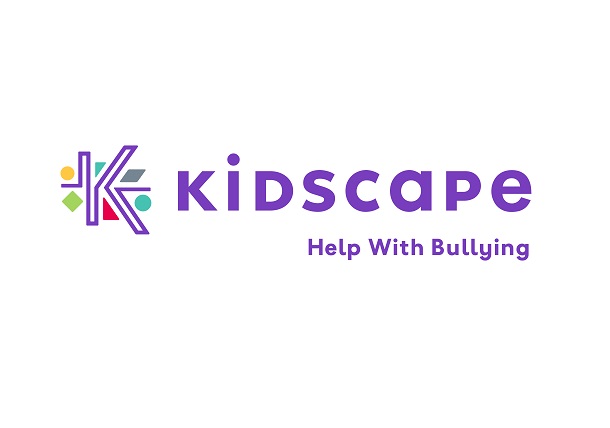

The government is determined to level up opportunities for all children and young people – without exception. The SEND review sets out government’s proposals for a system that offers children and young people the opportunity to thrive, with access to the right support, in the right place, and at the right time, so they can fulfil their potential and lead happy, healthy and productive adult lives.

Government’s plan to change the special educational needs and disabilities (SEND) and alternative provision system in England.

As the Family Review highlighted, family comes in many different forms and so it’s important that we hear about different experiences of family. You can learn more about kinship care directly from the children who experience these family arrangements. The Children’s Commissioner’s team made this video with Kinship Carers Liverpool that you can watch and share with your students to raise awareness.
I found it hard that in 2022 young people who are in kin families still feel like they have to explain their situation over and over, by educating professionals on kinship this will hopefully reduce the need for a kin kid to have to keep repeating their story
Child in kinship care.
Kinship Carers Liverpool have also made the following animation to raise awareness about Kinship and what it is.

Young Carers in Schools is a free initiative that makes it as easy as possible for schools to support young carers, and awards good practice. Run jointly by Carers Trust and The Children’s Society, the Young Carers in Schools (YCiS) programme works with schools across England to share good practice, provide relevant tools and training, and to celebrate the great outcomes that many schools achieve for young carers. Find out more about how to take part here:
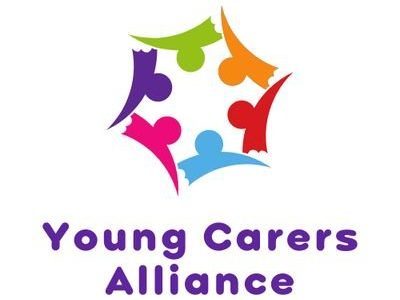
From Spring 2023 Young Carers are going to be included in the school census for the first time. This means that schools will need to have identified their young carers to be able to report on a pupil’s Young Carer status. This guide explains more about this change and how schools can prepare.
The Children’s Commissioner has called for all schools to implement a Young Carers policy to ensure that Young Carers are recognised and supported. You can find examples of young carers policies created by the Young Carers Alliance here:
The Young Carers Alliance have put together a helpful checklist for schools to help with developing your Young Carers support:
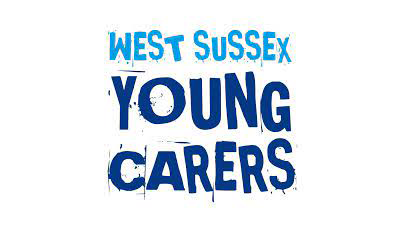
The West Sussex young carers group have identified the following to 10 tips for supporting young carers in school:
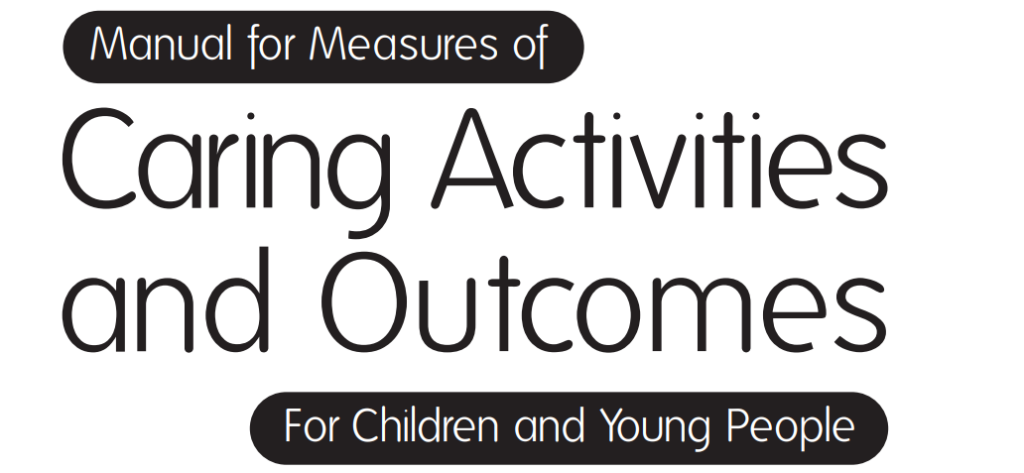
A free to use survey tool to identify young carers: The Multidimensional Assessment of Caring Activities (MACA-YC18) is a questionnaire to be completed by young carers that can be used to provide a score of the total amount of caring activity undertaken by a child or young person.
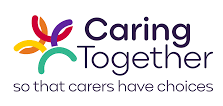
Available to schools in Cambridgeshire, Peterborough and Norfolk through Caring Together, the Carer Friendly Tick Award provides support and guidance to schools to help them support their young carers. Find out more here:
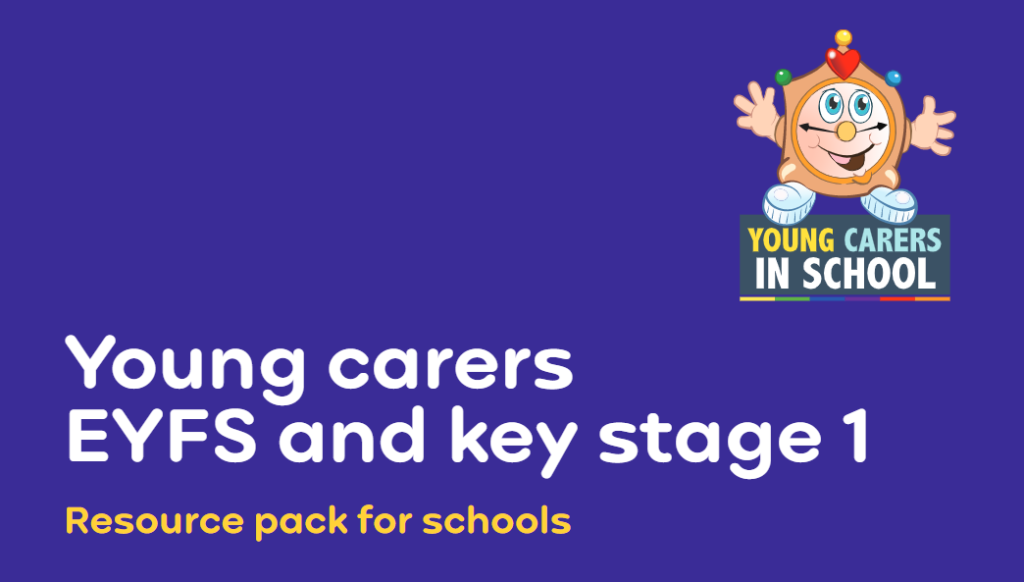
There is no lower age limit on being a young carer. Caring Together have produced this resource pack for schools focused on supporting young carers through Early Years Foundation Stage and Key Stage 1. You can download the resource pack here: